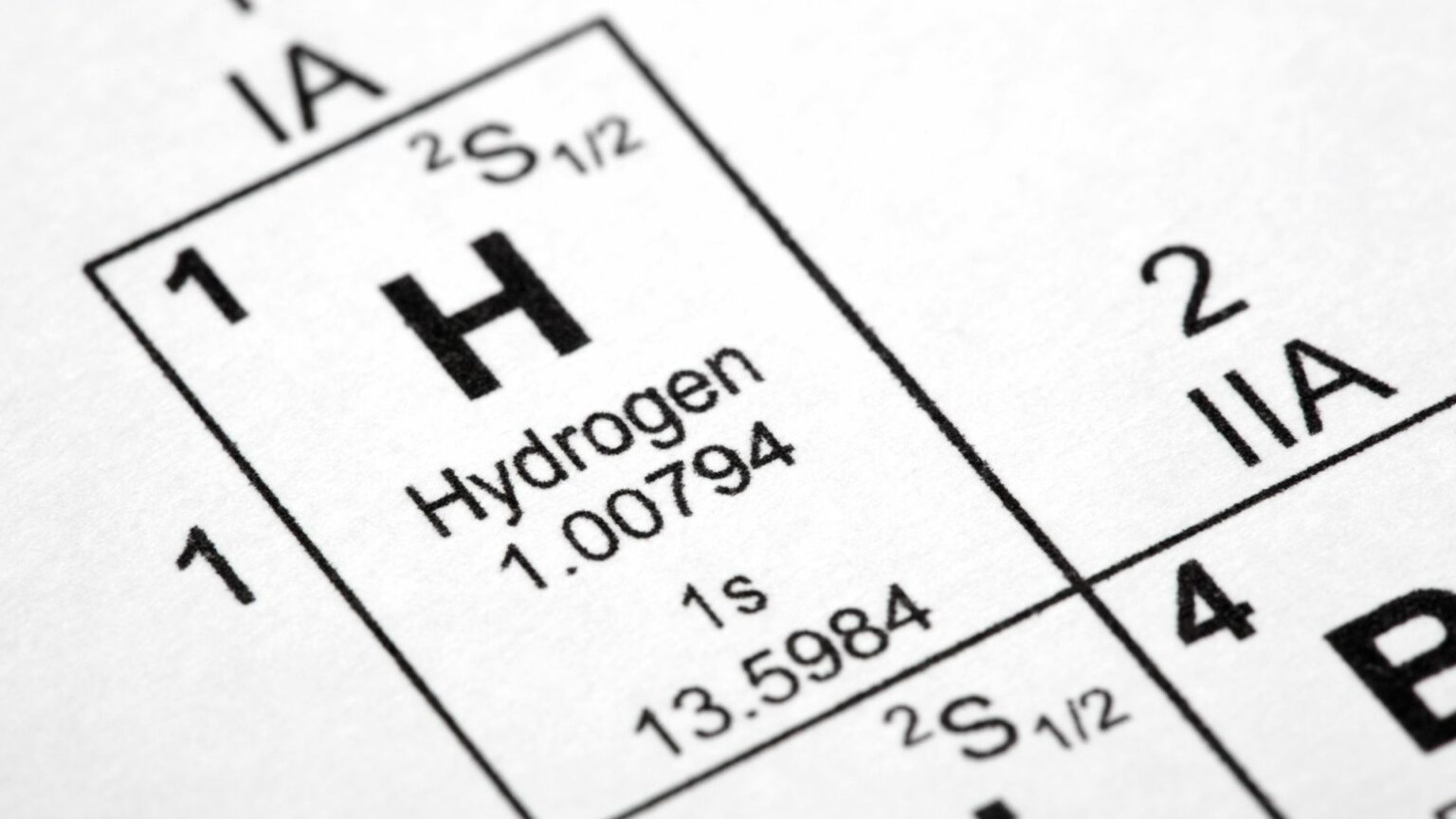Researchers from the University of Castilla-La Mancha (UCLM) have successfully generated hydrogen through a novel system based on the low-temperature decomposition of ammonia.
The research, spearheaded by Marina Pinzón, Álvaro Sánchez-Sánchez, Amaya Romero, Ana Raquel de la Osa, and Paula Sánchez, emerges from their doctoral thesis. Their success lies in the transformation of ammonia into hydrogen under “moderate conditions without large energy consumption and with zero greenhouse gas emissions,” as highlighted in the UCLM press release.
Marina Pinzón underscores the urgent need for cleaner energy alternatives, stating, “the search for more sustainable and cleaner energy alternatives to fossil fuels to fight climate change is a pressing issue for humanity.” In this context, she emphasizes the pivotal role green hydrogen can play, particularly in sectors challenging to electrify.
While acknowledging the complexity of hydrogen storage, Pinzón notes the importance of utilizing compounds like ammonia for safe transport and controlled release. The team’s work focuses on the development and application of sustainable catalysts based on perovskites, contributing to the advancement of the hydrogen economy.
Ammonia proves to be a valuable candidate for large-scale hydrogen storage and transportation, making significant strides toward the decarbonization of the energy system. Pinzón highlights the remarkable outcome of their synthetic materials, with “practically one hundred percent of the ammonia stream transformed into hydrogen and nitrogen at temperatures around 450 ºC.”
The breakthrough achieved by UCLM researchers not only demonstrates the feasibility of ammonia decomposition for hydrogen production but also emphasizes the role of sustainable catalysts, particularly those based on perovskites. The innovation paves the way for a more efficient and environmentally friendly approach to hydrogen generation, contributing to the global efforts in combatting climate change.
